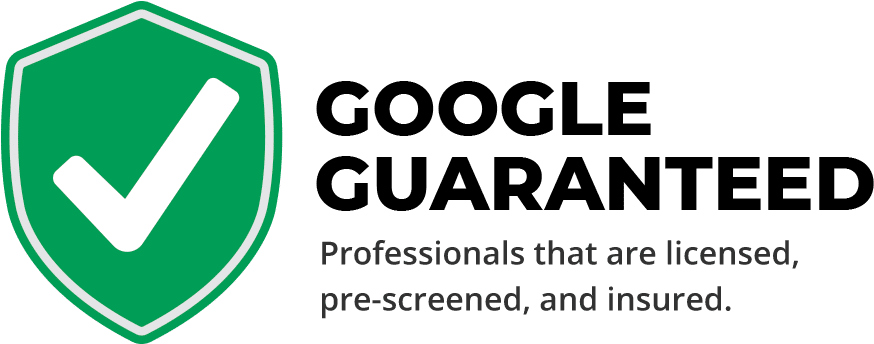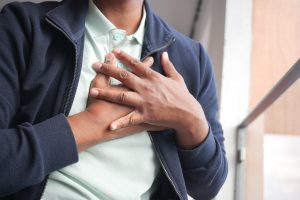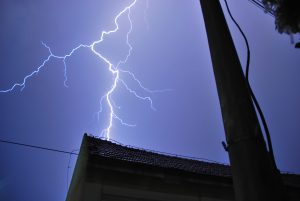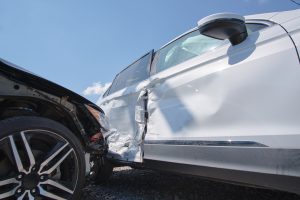Table of Contents
ToggleFood trucks are a beloved part of Fort Myers culture. These mobile kitchens offer a diverse range of options, from street tacos to gourmet meals. But their popularity and presence in busy areas also come with risks. When a car crashes into a food truck, the legal consequences can be complex. Whether you are a food truck operator, employee, or bystander, knowing your legal rights is key. This blog breaks down what you should do, who may be liable, and how you can seek compensation.
Common Causes of Car Crashes Involving Food Trucks

Food trucks often operate in high-traffic areas, including event spaces, downtown streets, and parking lots. This makes them vulnerable to being struck by vehicles.
Typical Risk Factors Include:
- Distracted drivers not noticing parked food trucks
- Drivers under the influence are causing collisions
- Poor visibility in crowded or dimly lit locations
- High speeds in areas with foot traffic
- Driver fatigue or medical emergencies
These incidents often happen without warning and may result in property damage, injury, or both.
Who Can Be Liable When a Food Truck Is Hit?
Assigning liability depends on the details of the incident. More than one party can be responsible for the damage or injuries.
Potentially Liable Parties Include:
- The driver of the vehicle is most commonly at fault due to negligence or recklessness.
- The driver’s employer: If the accident happened during work-related duties, the employer may be liable.
- A government entity: Poor road design, inadequate signage, or maintenance failures may expose a city or county to liability.
- The food truck owner: Liability may shift if the truck was parked illegally or operating in an unsafe manner.
A Fort Myers personal injury lawyer can evaluate your case and determine all sources of liability.
What Damages Can Victims Recover?

Victims of these accidents may suffer a range of damages, from physical injuries to financial losses.
Recoverable Damages Include:
- Medical bills and rehabilitation expenses
- Lost income or business revenue
- Damage to the food truck or personal belongings
- Emotional distress, pain, and suffering
- Future loss of earning potential for serious injuries
It is important to gather documentation early to support any compensation claim.
What to Do Immediately After a Crash
Acting quickly can protect your health and legal rights.
Essential Actions:
- Call 911 for emergency assistance and file a police report
- Take clear photos and videos of the scene
- Get contact details from the driver and any witnesses
- Notify your insurance provider
- Avoid giving statements to the driver’s insurer without a lawyer
- Contact a Fort Myers car accident lawyer to evaluate your claim
Swift legal action increases your chances of recovering the full value of your losses.
Turn Crash Data Into a Case With the Right Legal Team
If a vehicle struck your food truck or injured you as a worker or customer, you should not have to bear the financial burden alone. Wolf & Pravato has a proven record of winning complex vehicle-related cases, including a $3.85 million verdict for an injured client. Our team understands the unique nature of food truck crash cases and is prepared to advocate for your rights. Schedule a free consultation today. You pay nothing unless we win.
FAQs
1. What should I do if I was injured at a food truck hit by a car?
You should seek medical attention immediately, document the incident, and consult a lawyer before speaking with any insurance company.
2. Can the food truck owner sue for lost business?
Yes. If the crash interrupted operations, the owner can claim damages for lost income and equipment replacement.
3. Who investigates food truck crashes in Fort Myers?
Local police typically investigate, but a lawyer may hire private crash reconstruction experts if necessary.
4. What if the driver who hit the truck is uninsured?
You may still file a claim using your insurance coverage or pursue a personal claim against the driver.
5. Do food truck workers qualify for compensation?
Yes. Employees may be eligible for workers’ compensation and may also have grounds for a personal injury claim, depending on the specific facts.




















